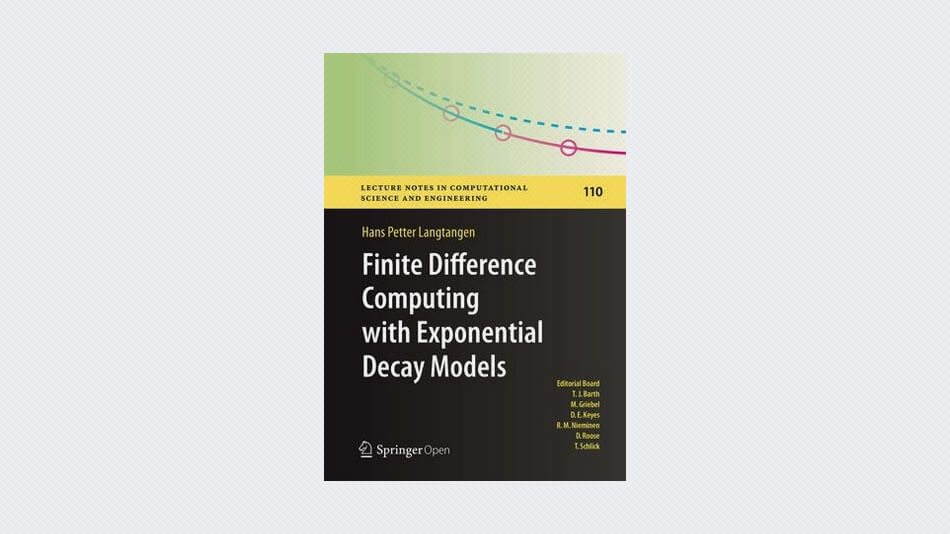Prerequisite knowledge for this book is basic one-dimensional calculus and preferably some experience with computer programming in Python or MATLAB. The material was initially written for self study and therefore features comprehensive and easy-to-understand explanations. For some readers it may act as an overview and refresher of traditional mathematical topics and likely a first introduction to many of the software topics.
The text can also be used as a case-based and mathematically simple introduction to modern multi-disciplinary problem solving with computers, using the range of applications in Chap. 4 as motivation and then treating the details of the mathematical and computer science subjects from the other chapters. In particular, I have also had in mind the new groups of readers from bio- and geo-sciences who need to enter the world of computer-based differential equation modeling, but lack experience with (and perhaps also interest in) mathematics and programming.




